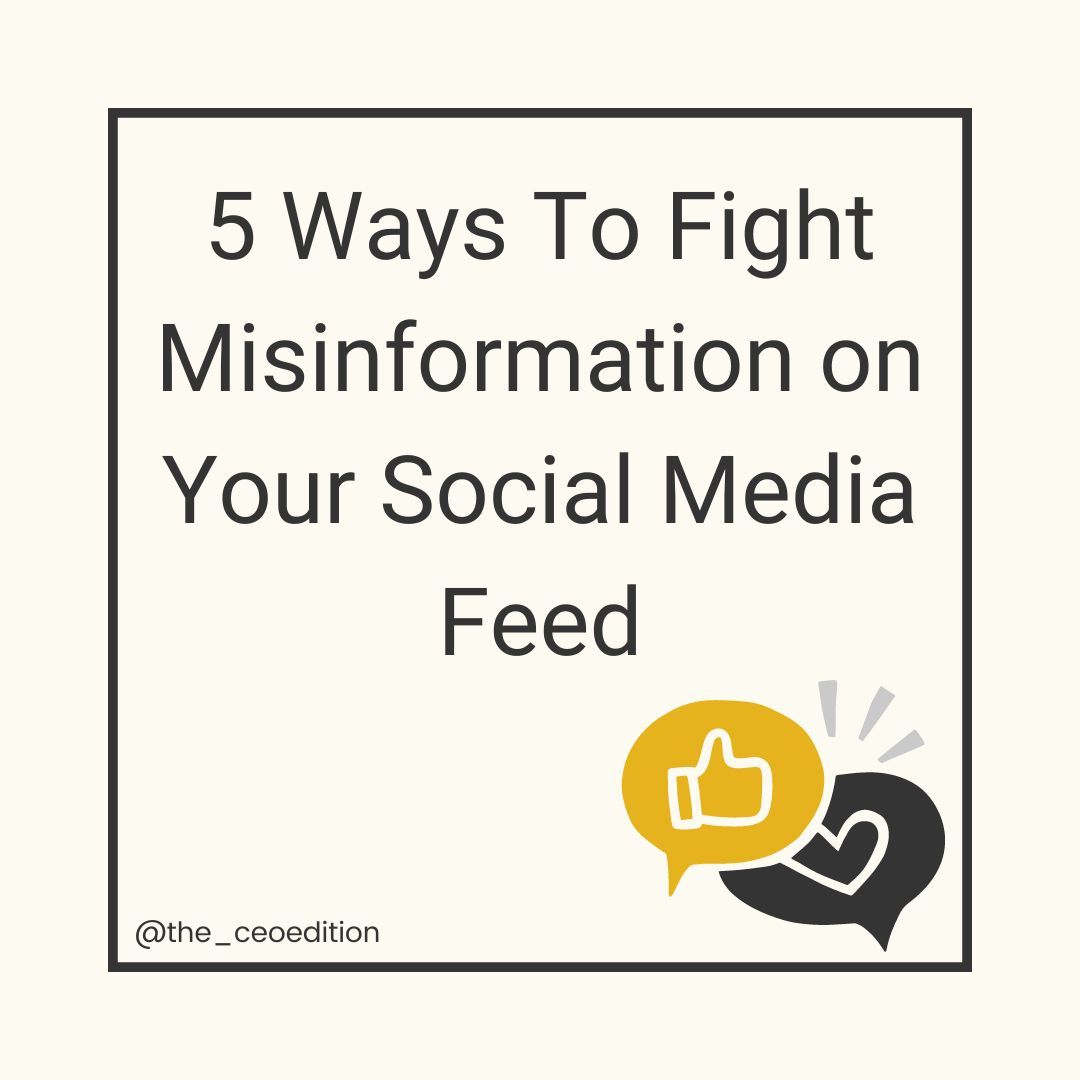High cholesterol is a common problem and can lead to health problems like heart disease. Fortunately, there are ways to reduce cholesterol naturally. Keep reading to learn more.
Discover About Cholesterol and How it Affects Your Body
Cholesterol is a fatty substance in the bloodstream and all your cells. Although your body requires some cholesterol to function properly, too much cholesterol can accumulate in your arteries and cause heart disease.
Cholesterol is obtained from two sources: your diet and your liver. Saturated fat-rich foods are the most likely to raise cholesterol levels. Some types of cholesterol are better for you than others.
LDL cholesterol is the “bad” kind because it can build up in your arteries and cause heart disease. The “good” cholesterol is high-density lipoprotein (HDL), which helps keep your arteries clear.
7 Methods to Reduce Cholesterol Naturally
1. Eat Healthy Foods

Whole grains are more fiber-rich than refined grains. This helps reduce LDL cholesterol and improve HDL cholesterol levels. Make sure to choose whole-grain bread, pasta, and cereals.
Cook with olive oil rather than just butter or margarine. Limit Your Intake of Saturated Fats, i.e., saturated fats can raise your LDL cholesterol levels. Animal products containing these fats include butter, cheese, fatty meats, and processed meats.
Consumption of saturated fat should be limited to less than 7% of total daily calories. Eat fatty fish high in omega-3 fatty acids such as salmon, tuna, mackerel, herring, and sardines twice a week.
Eating plenty of fruits and vegetables daily as part of a healthy diet also lowers cholesterol levels. It’s also important not to choose products labeled “low fat” or “fat-free.”
These foods may be higher in sugar than their full-fat counterparts. Rather than eating processed snacks containing refined carbs like crackers or chips, choose a handful of nuts as an example. Nuts are a good source of heart-healthy fats, protein, and fiber.
Replace saturated fats with unsaturated fats. Unsaturated fats, including mono-unsaturated and polyunsaturated fats, lower LDL cholesterol without affecting HDL (“good”) cholesterol levels.
Good sources include olive oil, vegetable oils such as canola oil and safflower oil, avocados, nuts such as almonds and peanuts, and seeds such as flaxseed and pumpkin seeds.
Use caution when adding any new supplement to your routine. When taking blood pressure medications or heart disease, always ask your health care team if it’s okay before starting an herbal supplement.
Related: 21 Food Ideas to Keep Your Heart Healthy
2. Exercise Regularly

High cholesterol is a substantial cardiovascular disease risk factor. The excellent news is that regular activity can assist you in naturally lower your cholesterol. Here’s how:
Reduces LDL (bad) cholesterol: Regular exercise helps reduce LDL (bad) cholesterol and raise HDL (good) cholesterol levels in the blood.
Increases HDL (good) cholesterol: HDL cholesterol picks up excess LDL cholesterol and returns it to the liver to be broken down. This helps clear your arteries and reduces your risk of heart disease, stroke, and other cardiovascular problems.
Lowers blood pressure: Exercise helps lower blood pressure by reducing the amount of work the heart has to do to pump blood around the body.
Improves blood circulation: Exercise helps improve blood circulation by making the heart pump more efficiently and increasing the amount of oxygenated blood that reaches the muscles.
3. Quit Smoking
Smoking is one of the causes of high cholesterol. When you smoke, the nicotine constricts your blood vessels, which increases your blood pressure and forces your heart to work harder.
This not only damages your heart, but it also damages the lining of your arteries, which can lead to a build-up of plaque.
Plaque narrows your arteries and makes it more difficult for blood to flow through them. This increases your risk for heart disease, stroke, and other serious health problems.
One of the major considerations for your health is to stop smoking. Not only will it reduce your risk for heart disease and stroke, but it will also lower your cholesterol levels.
There are numerous methods for quitting smoking, and you should consult your doctor to determine which way is best for you. Counseling and support groups are among the many resources available to help you kick the habit.
4. Lose Weight if you are Overweight
Losing weight can lower your cholesterol and improve your lipid profile. When you lose weight, your liver makes less low-density lipoprotein (LDL), the “bad” cholesterol that can build up in arteries and cause blockages.
Losing just 5% to 10% of your body weight can improve your cholesterol levels.
5. Get Enough Sleep

Many folks are aware of a link between sleep and cholesterol, but they may be unaware of the specific nature of this link. In short, sleep deprivation can lead to an increase in bad cholesterol levels and a decrease in good cholesterol levels.
This is thought to be because sleep helps to regulate hormones, and when we don’t get enough sleep, our hormone levels become imbalanced. This imbalance can lead to an increase in the production of LDL cholesterol,
At the same time, it can decrease the production of HDL cholesterol, which is the “good” kind. In addition to its effect on cholesterol levels, sleep deprivation has also been linked to an increased risk of heart disease and stroke.
Therefore, it is essential to get enough sleep to maintain a healthy lipid profile.
6. Reduce Stress
The majority of people are aware of the link between high cholesterol and heart disease. What many don’t know, however, is that stress can also contribute to high cholesterol levels.
According to research, chronic stress has been linked to an increase in LDL and a decrease in HDL. This can eventually raise the risk of developing heart disease.
So, how can you simultaneously reduce stress and cholesterol levels? Meditation or mindfulness practice is one of the most suitable techniques. Meditation has been shown to help lower blood pressure and heart rate and improve mood and quality of sleep.
On the other hand, mindfulness helps us be more present in the moment and less reactive to stressors. Meditation and mindfulness can help us better cope with stressful situations, which can help lower our cholesterol levels.
How Meditation Reduces Stress Levels
By meditating, we focus on our breath and allow our thoughts to pass through without getting attached to them. This assists us in becoming more conscious of our thoughts and less reactive to them.
Over time, we can train our minds to be less reactive overall, which can help us to better cope with stressors in our day-to-day lives. In addition, meditation has been shown to help lower blood pressure and heart rate, two factors that can contribute to high cholesterol levels.
How Mindfulness Can Help Lower Cholesterol Levels
Mindfulness revolves around being present in the moment and examining our thoughts and feelings without judgment. When mindful, we’re less likely to dwell on past events or worry about future ones.
This helps us better manage stress in our lives, which can help lower our cholesterol levels. Furthermore, mindfulness has been found to improve mood and sleep quality, aiding in stress reduction.
7. Limit Alcohol Consumption
Alcohol can raise cholesterol levels and is a significant risk factor for heart disease. By cutting back on your alcohol intake, you can help to improve your cholesterol levels and reduce your risk of developing heart disease.
How Much Alcohol Should You Drink?
The American Heart Association recommends that men confine their intake of alcohol to two drinks per day and that women restrict their alcohol consumption to one drink per day.
Whenever you have high cholesterol or are at risk for cardiovascular disease, limit your drinking habits to one drink per day or less.
The benefits of reducing your cholesterol levels
There are many benefits to reducing your cholesterol levels, including a decreased risk of heart attack and stroke. High cholesterol levels can cause artery hardening and narrowing, impairing blood flow and increasing your risk of a heart attack or stroke.
The body needs to have some cholesterol because it is used to make hormones and vitamin D and helps digest food. By reducing your cholesterol levels, you can help improve your overall cardiovascular health and reduce your risk of developing life-threatening conditions.


















One reply on “How to Reduce Cholesterol Naturally”
[…] Example: How to Reduce Cholesterol Naturally […]